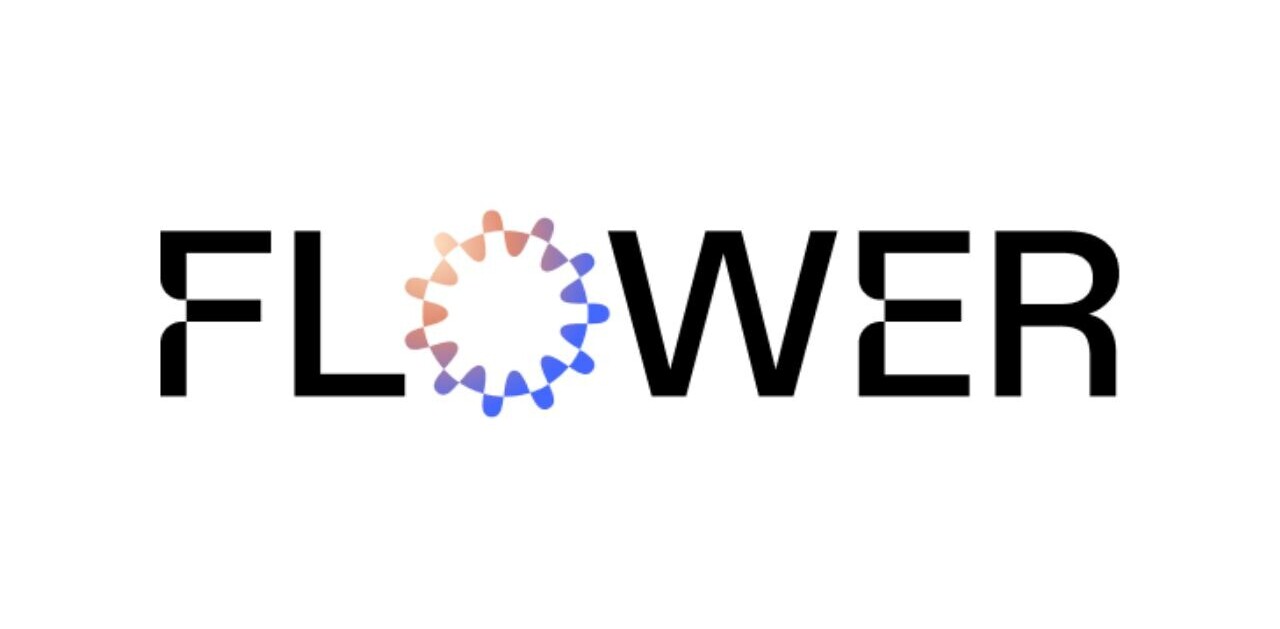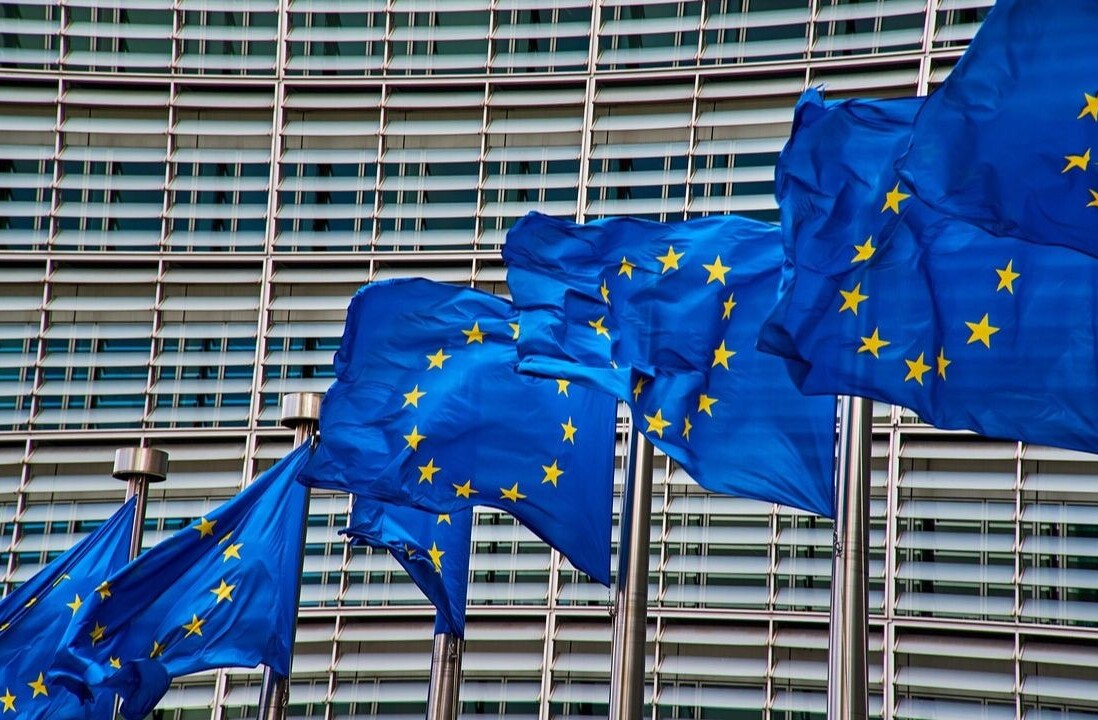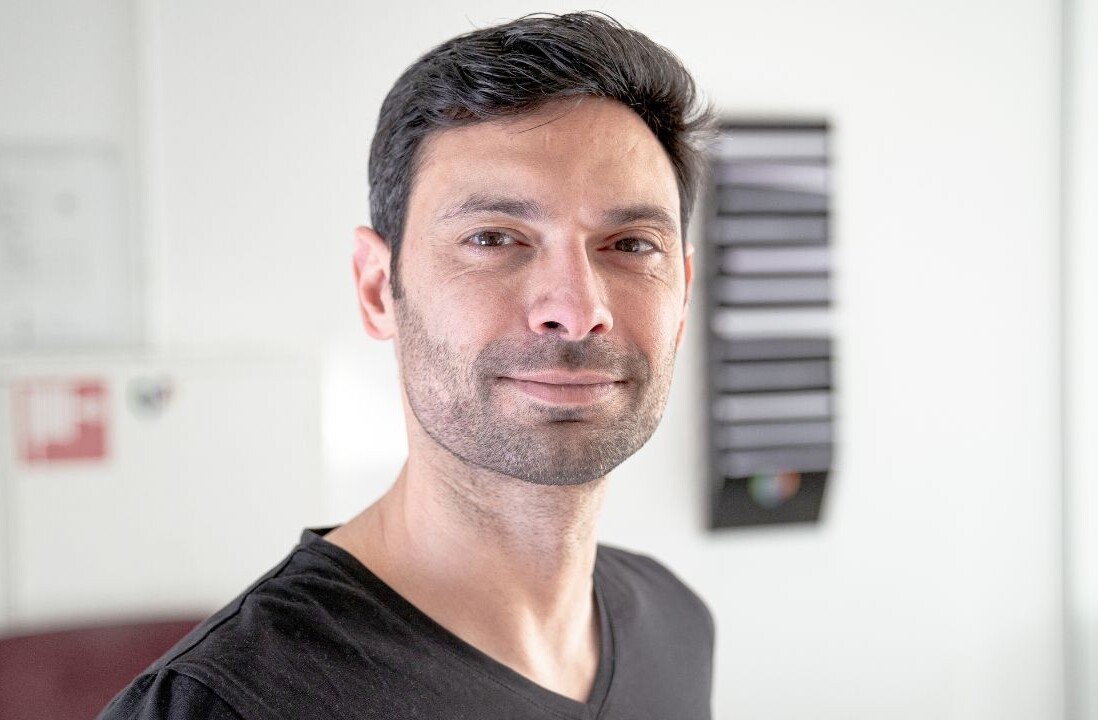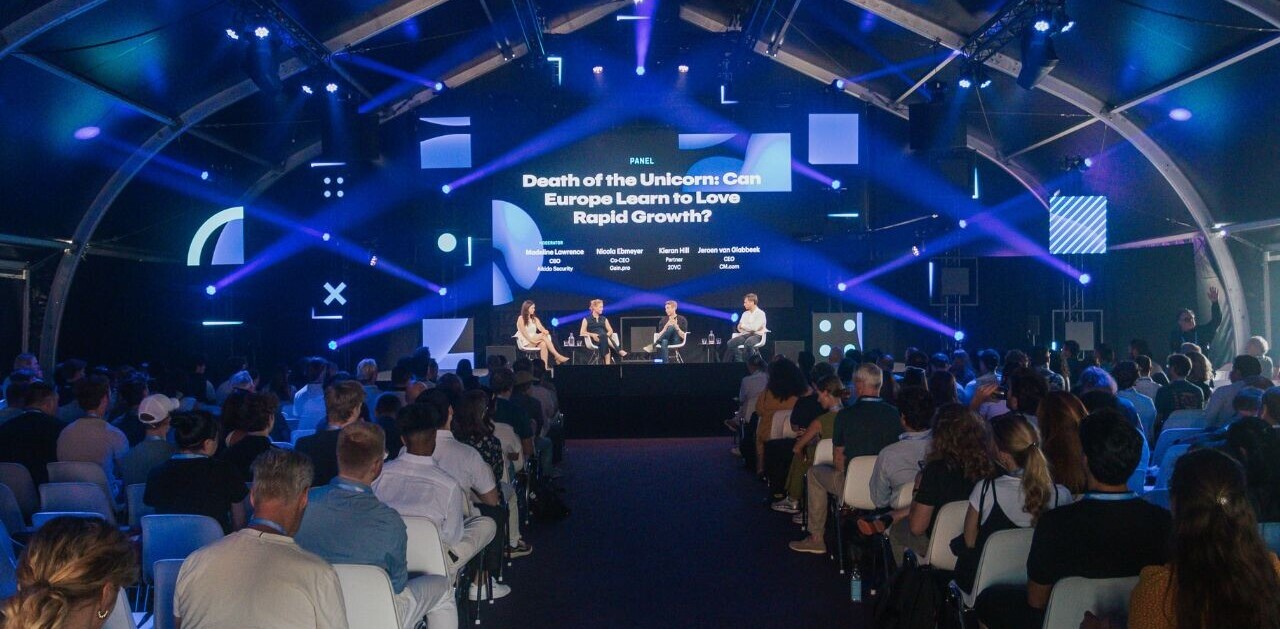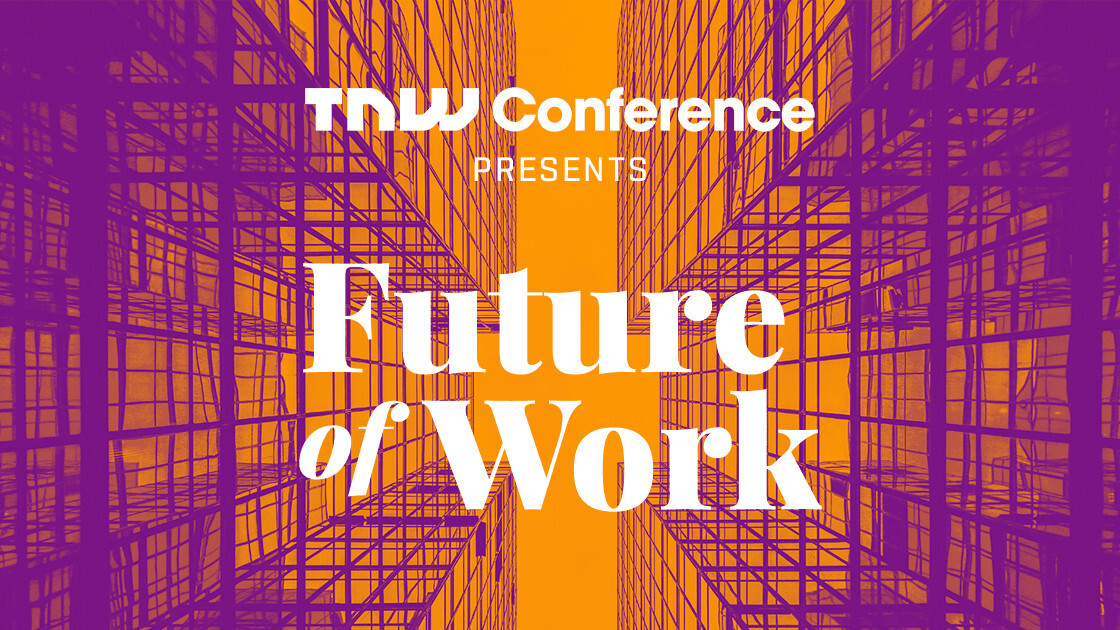
Our work environment has changed dramatically. You’re probably reading this sitting in a bean bag or working from home, taking advantage of your flexible working hours. Maybe you’re watching your coworkers play an intense match of pingpong. Yeah, it’s pretty great — but it’s about to get even cooler.
In the future, we’re going to blur the lines between your home and the office even more. We’re also seeing some ideas that might be going too far. At the Future of Work track at TNW2018, we’re discussing how a grain of salt can ensure that we’re not just doing things because we can, and rather because we should.
First, let’s explore some things we can expect to see in the future.
Greener pastures
Sustainability is hot right now. Especially among the next generation to join the workforce, creating an environmentally-friendly office is top on the list for employee recruitment. Beyond that, it’s just common sense — no one wants to work for a company that doesn’t give a shit.
In the world of architecture, greener buildings are the focal point. Great strides are being made to meet the new demand, and we can expect to see greener office spaces too. We’re not just talking about a few plants — we’re talking about a lot of plants. Everywhere.

Of course, sustainability doesn’t just mean more greenery. It means satisfying energy-efficiency and reducing carbon footprints. Sustainability ratings will be used more by companies to attract young talent, and for companies to have something to boast about.
Right here in Amsterdam, buildings such as The Edge are at the forefront of sustainable offices. It’s been designed to accommodate roof-top solar panels and a north-facing alignment to ensure maximum sunlight. It harvests rainwater that’s used to flush toilets and water plants. It also regulates CO2 levels — all this neat stuff makes it one of the most sustainable buildings in the world.
Blurring the lines of work and home
It’s already becoming normal to see a few cozy couches at work, or even a hammock. Our CEO Boris is pretty much our hammock’s biggest fan.

Looking into the future, the line between work and home will become even fuzzier. 22 Bishopsgate is an office building currently under construction in central London. I don’t even think ‘office building’ is the right word — it’s a work-home hybrid. The new skyscraper will merge the daily lives of employees. Boasting a fresh food market, a gym (complete with a see-through rock climbing wall), and a spa, you basically don’t ever have to leave.

Expect more on-site amenities, too. Laundry rooms, post offices, and hairdressers are likely to enter office buildings. Maybe we’ll finally have a bedroom floor void of clothes everywhere — or is that just me?
Employee welfare
More offices are providing on-site daycares to accommodate working parents. As social empowerment advances, issues such as equality and mental health are playing a larger role in the office.
Creating comfier spaces is more than just a good vibe. It also allows for different work environments to better suit individual working needs. Furniture such as isolation pods, bean bags, or ergonomic chairs are great.

In the future, larger spaces will accommodate these needs on a larger scale. There’s even talk of including bedrooms (which will totally be used for sleeping).
It’s also cool when companies understand the stress levels of their employees. Burnout prevention methods would be more than welcome, which is why some companies are considering sensory deprivation tanks. Designed to reduce stress and induce meditation, many people claim that floating in saltwater has helped their focus at work. Whatever floats your boat — it would certainly float mine.
Should we be doing this, though?
All these initiatives for the future are great. At the same time, I do feel like we can easily reach overkill.
I get distracted when there’s a dog in the office. I can’t even imagine how my work would suffer if I had all these other cool things. Companies should consider moderation, and ensuring that it provides a genuine benefit before they pull the trigger.
Beyond that, bringing laundry and grocery stores to office buildings doesn’t sit right with me. I like to keep work and home private, and with everything in one place it feels like you can never escape the office. Some of my coworkers love the idea, but that’s exactly it — everyone has their opinion.
Which ultimately raises the question: do we want these changes? What happens to our freetime? Where do we draw the line? How do we make our offices work for everyone?
We’ll be exploring these questions at TNW Conference’s Future of Work track, in collaboration with EDGE Technologies, Vodafone, and ISS. It’s unmissable — we’ll see you there.
Get the TNW newsletter
Get the most important tech news in your inbox each week.

